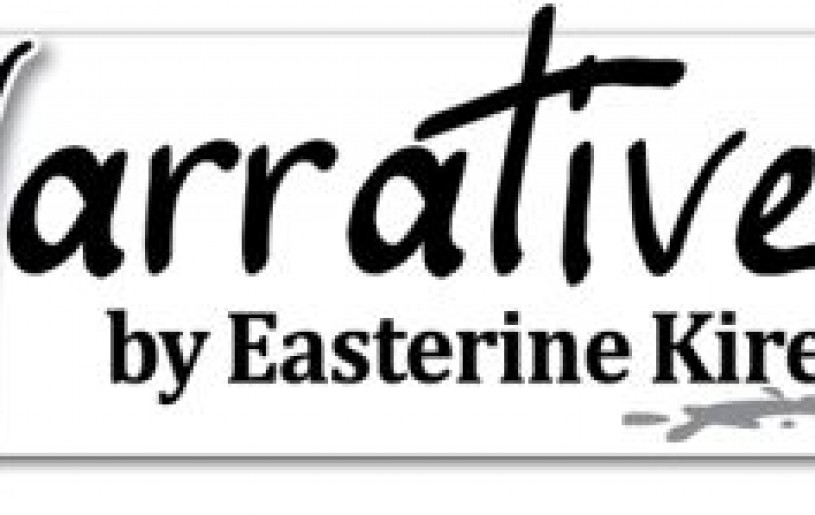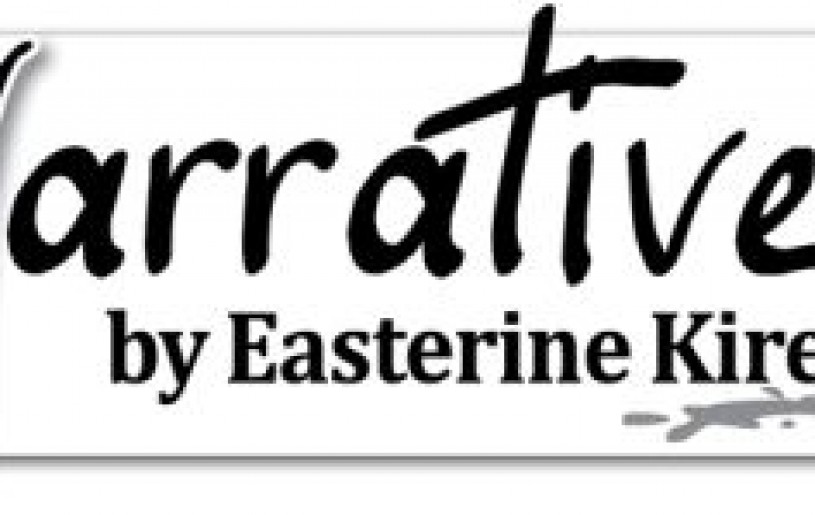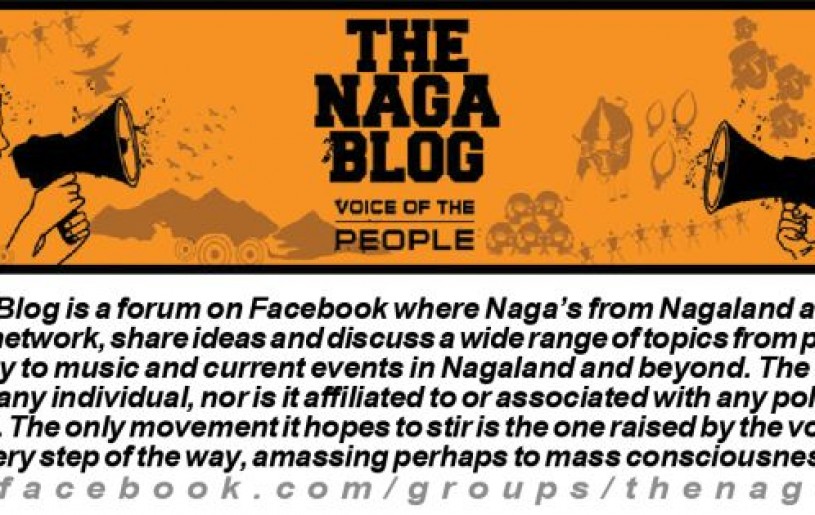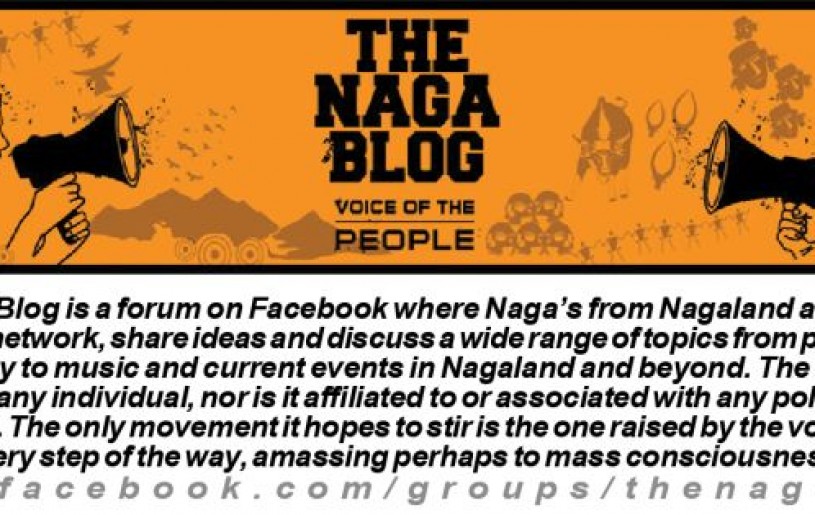
Words die out when there is no one to use them. When the contexts in which they are used are removed, they are forgotten a few generations later. Western anthropologists transcribing oral poetry of the Naga tribes even thought that the language of poetry was an artificial language because it was so far removed from everyday speech. The answer is that oral poetry belongs to the pre-Christian culture and the metaphors and images it uses come from that context. It made sense in a pre-Christian society where people believed in a certain way and spoke and thought in an altogether different way. But when that way of life disappeared, parts of the language that accompanied it fell into disuse, and eventually their meanings were forgotten.
It is simplistic to dismiss the pre-Christian era as a superstitious way of life. True, people were more fearful before Christian conversion: they feared death, they feared spirit activity, and they greatly feared apotia deaths because that would rob them of their rights to a proper funeral, and their names would be recalled ignominiously as long as the village existed.
In almost all villages, new parents studiously avoided naming their child after a person who had suffered an unnatural death in order to avoid drawing the same kind of destiny upon the child. People were more careful, not necessarily more superstitious than us today. (Our superstitions are different: we have thought that we could be infected by the HIV virus if a sufferer shook hands with us or ate out of our crockery. We are still superstitious about so many things, and that governs our behavior towards others.)
Pre-Christian Nagas used words to define their world, not maps, not history books. Words tied them to their culture and its meanings. Words defined their world-view for them. They were cautious in the way they used words. As the older generation dies out, culturally charged words are dying out with them. The need to create tribal dictionaries has become time-bound.
I have been collecting cultural practices of the Naga tribes for the past few months. The rate at which we are losing knowledge of words is lamentable and highly alarming. One way of retrieving meaning was to get urban netizens to ask their parents or someone in the village who had knowledge of the meanings behind these words. But how long can we keep doing that? Many words that my informants used are obsolete now and while getting the words was not a problem, obtaining the meaning of the words became an expedition in itself.
Tribal dictionaries would ideally be a set of dictionaries for different language groups. They would contain basic words and act like a regular dictionary. But the main purpose would be to document definitions, nouns, verbs and adjectives that had functions and meaning in a culture oriented environment. The tribal dictionary can evolve its own pattern in the manner that suits it best. I would think that many passages would have to accompany a single word to explain it. So be it. It should not be a problem to create such a dictionary because the purpose will not be a regimented machine translation project where we look for equivalent words. This will be more a book that will be used in order to find words and contextual meanings of words so we can understand how they functioned in that context.
Tribal dictionary is an idealistic project. It is not meant to be a commercial project. The worth in it will be to retrieve words from old cultures and to preserve them. It will help external and internal researchers; it will be a legacy of the past to the present.
Tribes like the Chang and Phom have whole tribal mythologies around a single word. Consider how much of oral history could be lost if we those words are lost to future generations. Now that oral history is being used as an entry point for archaeological access into our past, it is even more vital to start this project of retrieval. Any tips on funding bodies will be welcome. I cannot help hoping that the students’ bodies in villages would themselves realise the need of tribal dictionaries and become part of it, after all it is for their future.





